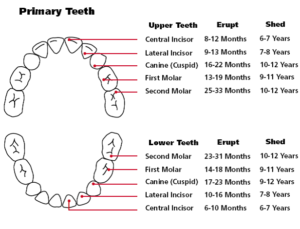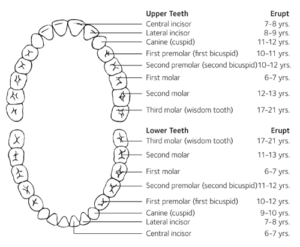Never forget your day to day oral Hygiene routines during COVID-19 Isolation
These days with all the changes in our day to day lives we should not forget about our oral hygiene. Everyone recommends Social distancing but it doesn’t mean that no one can smell our bad breath! Staying home in our pajamas all day long to flatten the curve doesn’t mean we can skip brushing and flossing. I’m happy that our patients have really good oral hygiene habits.
Here’s some tips to stay on track:
Brush Regularly:
Brushing regularly with a fluoride-containing toothpaste removes plaque from your mouth and prevents the stuck food from rotting inside your mouth.
Floss Regularly:
Fibers on a brush can’t reach in between your teeth while your food doesn’t face any obstacles getting in there. This makes flossing (once a day) just as important as brushing.
Use a Mouthwash:
Antiseptic right mouthwashes are used to kill any remaining bacteria in your mouth. They also fight bad breath.
A natural alternative to mouthwashes is coconut oil. Rinsing your mouth with one tablespoon of coconut oil can dissolve the remaining bacteria and take them to the drain with it.
Avoid Unhygienic Activities:
There are some caffeinated drinks such as white tea that don’t stain your teeth.Among tea and coffee, coffee is a much better choice. If caffeine isn’t a must, any fruity tea or herbal tea will work. Red wine also stains your teeth.
You should also be very careful about the amount of your added Sugar which is known to be associated with tooth decay and is harmful to your health.
Please feel free to contact Dr.Ross Shahriary, if you have anymore concern or question,


